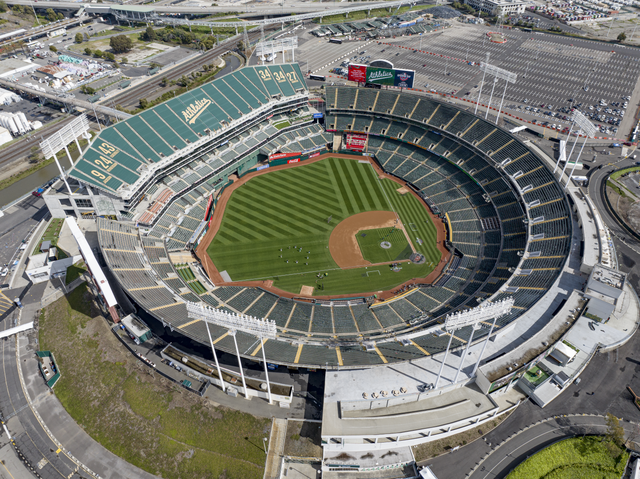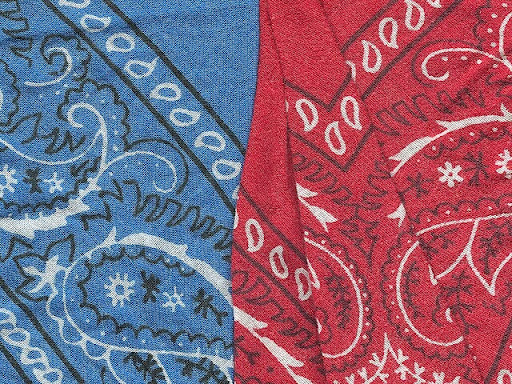Many professional athletes have used their platform to express their political views to fans across the country in the last few months, including protests during the national anthem. Anthem protests allow the athlete to make a public stand and discuss their opinions in the media.
Title 36 of the United States Code outlines conduct for patriotic observances, noting that “All persons present should face the flag and stand at attention with their right hand over the heart.” Given this specification, playing the anthem before a televised football game is an inherently political act, unalienable from the context in which it takes place.
Similarly, Title 4 of the code dictates position and display of the flag, and a recurring theme in Section M is respect in cases of national tragedy, specifically when they involve key political figures. On Sept. 25, The New York Times published an op-ed by Eric Reid, one of Colin Kaepernick’s teammates on the San Francisco 49ers.
Reid expressed what caused him to join Kaepernick after bearing witness to continued oppression of people of color, “thinking our position was like a flag flown at half-mast to mark a tragedy.” He emphasized, much as the United States Code does, that he chose to kneel “because it’s a respectful gesture.”
Ultimately, the #TakeAKnee protests are not unique to any particular sport, event or political administration. Always and inherently about disparity across racial categories, the protests denounce the continuous ignorance that we are unable to move beyond as a nation and that silences the demands for equality posed by minority groups and individuals.
This is not the first time that issues of racial oppression have entered sports. In 1968, Tommie Smith and John Carlos gave a now iconic black power salute from their podiums at the Summer Olympics. Officials on the International Olympic Committee were quick to expel them from the event. In 1973, black collegiate athletes at Nassau Coliseum on Long Island refused to get off the ground during the national anthem, incurring racialized epithets from spectators. In 1996, the NBA suspended Denver Nuggets player Mahmoud Abdul-Rauf for not standing for the “nationalistic ideology” promoted by the anthem.
Despite this continuity, the criticism of political protest by athletes and public figures has taken a new form, with President Donald Trump encouraging NFL owners to ‘Get that son of a b**** off the field right now,’ in response to protesting players. Rather than addressing the concerns raised by athletes like Kaepernick and Reid, Trump sanitizes the issue, manipulating their actions to exacerbate polarization in our already divided nation. An HBO Sports poll indicates a recent increase in Democrats who support peaceful national anthem protests and a decrease in support from Republicans.
Trump’s public statements denying the issue’s connection to race and the promptness with which he insulted athlete protesters compared to his delayed response to neo-Nazis in Charlottesville reflect an unwillingness and inability to transition from the bully pulpit to the ‘responsive elected official’ necessity of the presidency. Punishing athletes for exercising their free speech.
Athletes participating in the #TakeAKnee protests, the majority of whom are black, have been criticized for everything from being overpaid and conceited to displaying unwarranted ingratitude with disrespect towards the flag. But what goes unrecognized is that when their actions are televised nationwide, they transcend the individual actor. When a figure within an American cultural institution like the NFL participates in an act of protest, it’s for those who aren’t idolized or given national platforms to express their realities, to stand unified with those who otherwise go unseen.
Charles Thomson, secretary of the Continental Congress, described the symbolism of the American flag as follows: “White signifies purity and innocence, Red, hardiness and valour, and Blue… signifies vigilance, perseverance and justice.” How, then, can we defend the flag while attacking the values of the very people it represents? Their innocence continues to be criminalized, their valor goes unrecognized and their calls for justice are unanswered.



